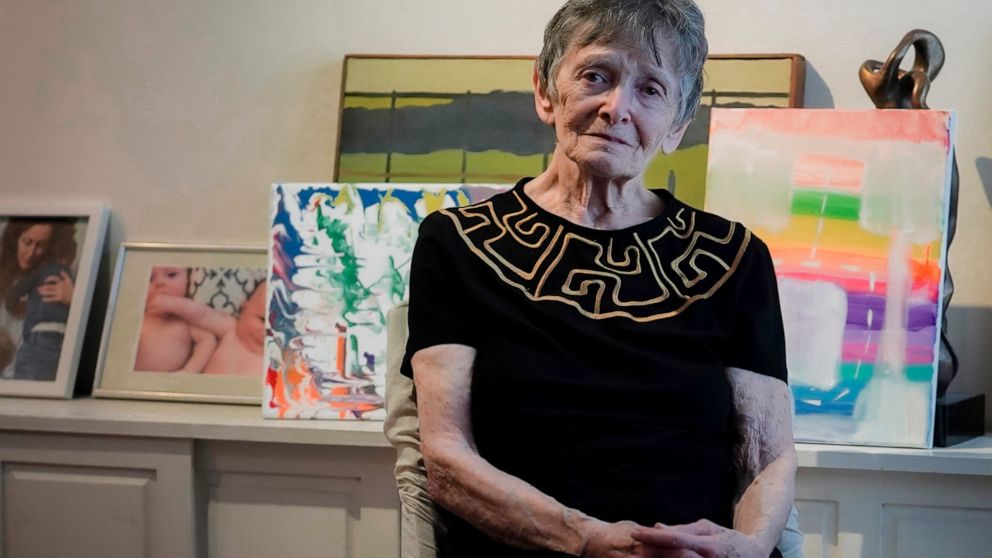NEW YORK — LGBTQ Pride commemorations that sometimes felt like victory parties for civil rights advances are grappling this year with a darker atmosphere, a national environment of ramped-up legislative and rhetorical battles over sexual orientation and gender identity.
Big crowds are expected Sunday at Pride events in New York City and a range of other places including San Francisco, Chicago, Denver and Toronto, in a return to large, in-person events after two years of pandemic-induced restrictions.
Like every year, the celebrations are expected to be exuberant and festive. But for many, they will also will carry a renewed sense of urgency.
In March, Florida Gov. Ron DeSantis signed a law barring teaching on sexual orientation and gender identity in kindergarten through third grade, which critics decried as an effort to marginalize LGBTQ people and lambasted as the “Don’t Say Gay” law.
In Texas, Gov. Greg Abbott, like DeSantis a Republican, sent a letter to state health agencies in February saying that it would be child abuse under state law for transgender youth to get gender-affirming medical care. A judge has halted full implementation of any parental prosecutions.
“There are so many anti-LGBTQ attacks going on around the country and a lot of them are really about trying to erase our existence and to make us invisible, and to make our young people invisible and our elders invisible,” said Michael Adams, CEO of SAGE, which advocates for LGBTQ elders.
“This year’s Pride is especially important and it is more powerful than ever because it is about people stepping up and stepping out and saying, ‘We refuse to be invisible. We refuse to be erased.’”
Protest has always been an element of New York City’s Pride Parade, which roughly coincides with the anniversary of the beginning of the June 28, 1969, Stonewall uprising — days of angry demonstrations sparked by a police raid on a gay bar in Manhattan.
Marchers in the 1980s protested a lack of government attention to the AIDS epidemic.
In recent years, though, they’ve often been celebrations of major victories for LGBTQ communities to celebrate, like in 2015 when the Supreme Court issued the Obergefell v. Hodges decision recognizing same-sex marriage.
That’s not this year, though.
“This year, we have seen an onslaught of aggressively hostile anti-LGBTQ+ bills in many state legislatures, and more of them have passed than last year,” said Jennifer Pizer, law and policy…
Click Here to Read the Full Original Article at ABC News: US…

